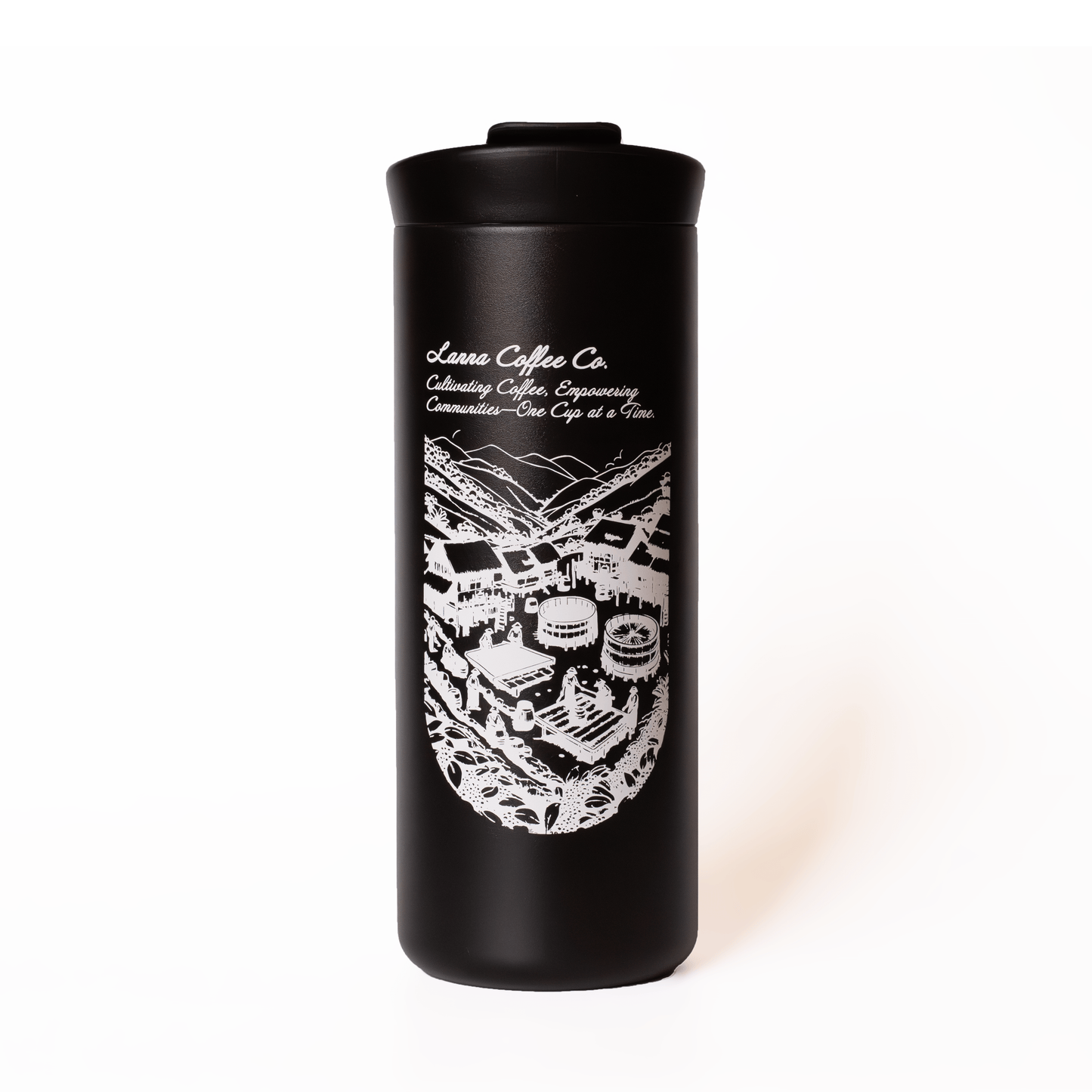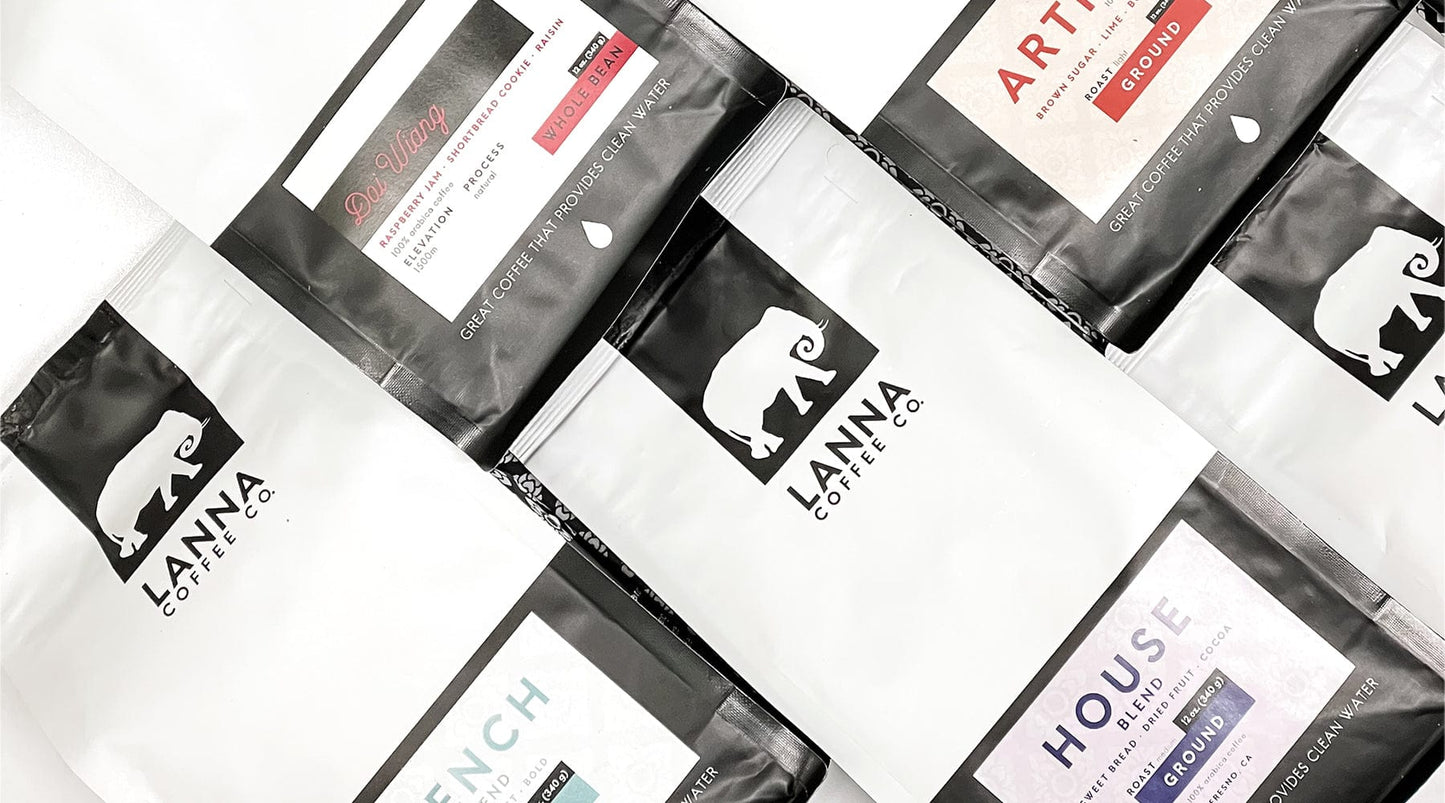
When it comes to sourcing coffee, businesses have a variety of options. One increasingly popular choice among savvy coffee shop owners and specialty retailers is direct trade coffee. But what exactly is direct trade coffee, and how can it benefit your business? In this comprehensive guide, we’ll explore the ins and outs of direct trade coffee and uncover the numerous advantages it offers.
What is Direct Trade Coffee?
Direct trade coffee refers to a sourcing method where coffee roasters or buyers purchase coffee beans directly from the farmers who grow them. This approach bypasses traditional intermediaries, such as exporters and importers, allowing for a more transparent and mutually beneficial relationship between growers and buyers. By establishing direct relationships, buyers can ensure higher quality, fairer prices, and more sustainable practices.
The Essence of Transparency and Quality
One of the key benefits of direct trade coffee is the transparency it provides. When you source coffee directly from farmers, you gain a clearer understanding of where your coffee comes from and how it is produced. This transparency can translate to higher quality coffee beans, as you have more control over the selection process and can work closely with farmers to ensure that the beans meet your standards .
Transparency also allows you to share the story of your coffee with your customers. In a market where consumers are increasingly interested in the origins of their products, being able to trace your coffee back to the farm can be a significant selling point. It adds a layer of authenticity and trust that is difficult to achieve through traditional supply chains .
Fair Pricing and Ethical Sourcing
Fair pricing is another major advantage of direct trade coffee. By dealing directly with farmers, you can negotiate prices that are fair for both parties. Farmers often receive higher compensation through direct trade agreements than they would through traditional market channels. This fair pricing helps improve the livelihoods of farmers and their communities, fostering sustainable development .
Ethical sourcing is a growing concern for many consumers, and direct trade coffee allows your business to align with these values. By supporting fair prices and ethical practices, you can position your brand as a responsible and socially conscious choice. This can attract customers who are willing to pay a premium for products that align with their values .
Enhanced Relationships and Consistency
Building strong relationships with coffee farmers is a cornerstone of direct trade. These relationships can lead to better communication, trust, and collaboration. When you work closely with farmers, you can provide feedback and support, helping them improve their practices and, in turn, the quality of the coffee beans they produce .
Consistency is another benefit of these direct relationships. When you have a reliable and transparent supply chain, you can ensure a consistent quality and flavor profile for your coffee. This consistency is crucial for maintaining customer satisfaction and loyalty. Your customers will appreciate knowing that they can rely on the same high-quality coffee every time they visit your shop .
Sustainability and Environmental Impact
Sustainability is a critical concern in today’s coffee industry. Direct trade coffee often involves more sustainable farming practices, as farmers who receive fair prices are better able to invest in environmentally friendly methods. These practices can include shade-grown coffee, organic farming, and water conservation techniques.
By sourcing direct trade coffee, your business can reduce its environmental footprint and support farmers who are committed to sustainable practices. This can be a powerful marketing tool, as consumers are increasingly looking for products that are both high quality and environmentally responsible .
Unique and Diverse Flavor Profiles
One of the most exciting aspects of direct trade coffee is the opportunity to offer unique and diverse flavor profiles. When you source directly from farmers, you have access to a wider range of coffee varieties and can select beans that are truly exceptional. This can set your business apart from competitors and attract discerning coffee enthusiasts .
Offering a variety of unique flavors can also enhance the overall customer experience. Coffee lovers enjoy exploring new tastes and discovering the nuances of different growing regions. By providing an array of distinctive coffees, you can keep your menu fresh and exciting, encouraging repeat visits and word-of-mouth referrals .
Market Differentiation and Brand Loyalty
In a competitive market, differentiation is key to standing out. Direct trade coffee can be a significant differentiator for your business. By highlighting your commitment to quality, transparency, and ethical sourcing, you can create a unique brand identity that resonates with your target audience .
Brand loyalty is closely tied to market differentiation. When customers feel connected to your brand’s values and trust the quality of your products, they are more likely to become loyal patrons. This loyalty can translate into higher sales, repeat business, and positive reviews .
Practical Considerations for Implementing Direct Trade
While the benefits of direct trade coffee are clear, implementing this sourcing method requires careful planning and consideration. Here are a few practical steps to help you get started:
Research and Identify Potential Partners
- Start by researching coffee-growing regions and identifying potential farmers or cooperatives that align with your quality and ethical standards.
Build Relationships
- Reach out to potential partners and begin building relationships. This may involve visits to coffee farms, meetings with farmers, and establishing communication channels .
Negotiate Fair Prices
- Work with farmers to negotiate prices that are fair and beneficial for both parties. Ensure that the agreed-upon prices reflect the quality of the coffee and support sustainable practices .
Quality Control
- Implement rigorous quality control measures to ensure that the coffee beans you receive meet your standards. This may involve sample testing, regular communication with farmers, and on-site visits .
Tell the Story
- Share the story of your direct trade coffee with your customers. Highlight the farmers you work with, the unique qualities of the coffee, and the positive impact of your sourcing practices .
Monitor and Adapt
- Continuously monitor the performance of your direct trade partnerships and be prepared to adapt as needed. Building a successful direct trade program is an ongoing process that requires flexibility and commitment .
A Win-Win for Business and Farmers
Direct trade coffee offers numerous advantages for your business, from enhanced quality and consistency to ethical sourcing and sustainability. By forging direct relationships with coffee farmers, you can create a supply chain that is transparent, reliable, and aligned with your values. This not only benefits your business but also supports the farmers and communities that grow your coffee .
If you’re looking to elevate your coffee offerings and stand out in a competitive market, direct trade coffee is a powerful strategy. By embracing direct trade, you can build a brand that is synonymous with quality, integrity, and sustainability, ensuring long-term success and customer loyalty.

